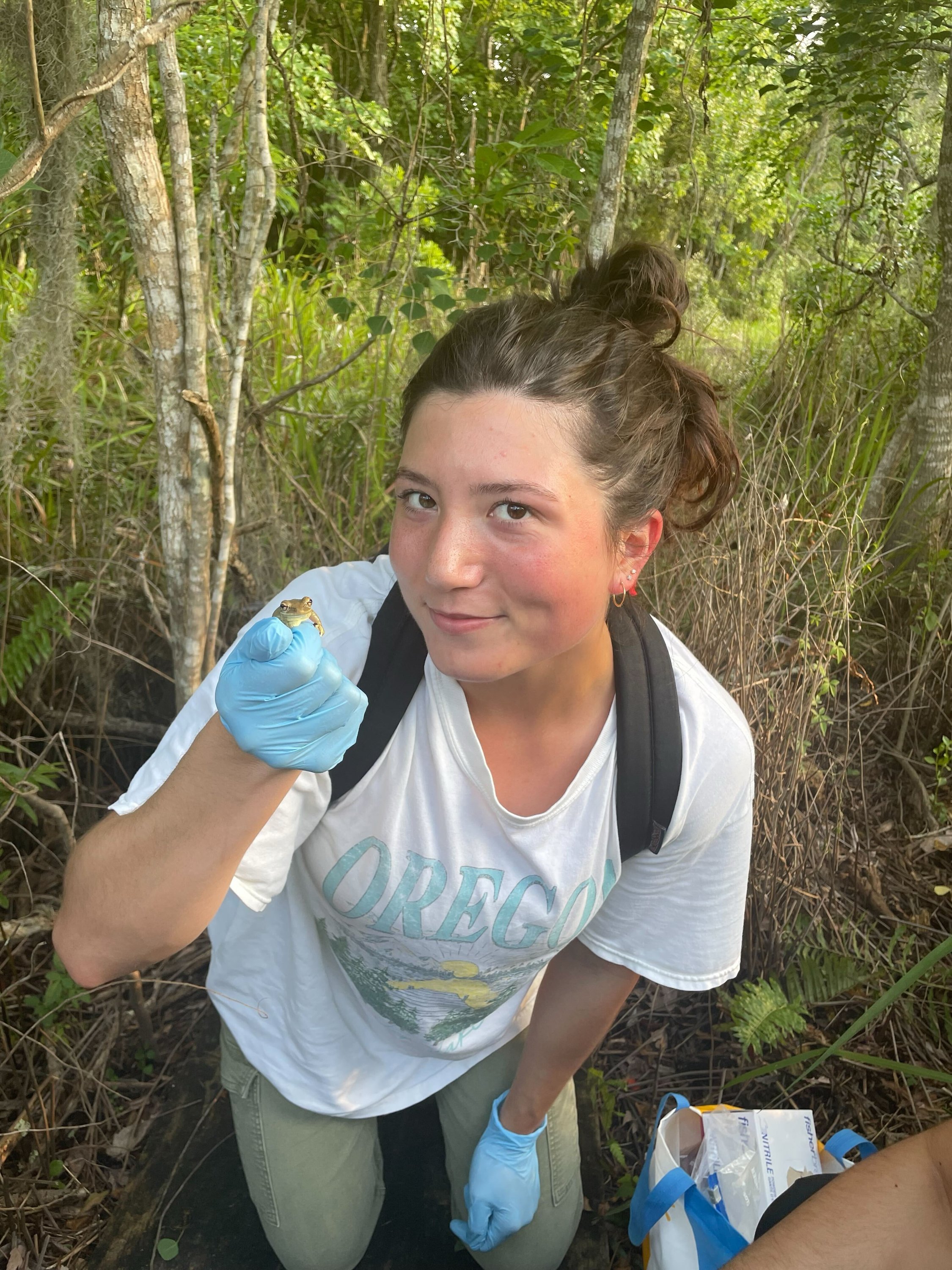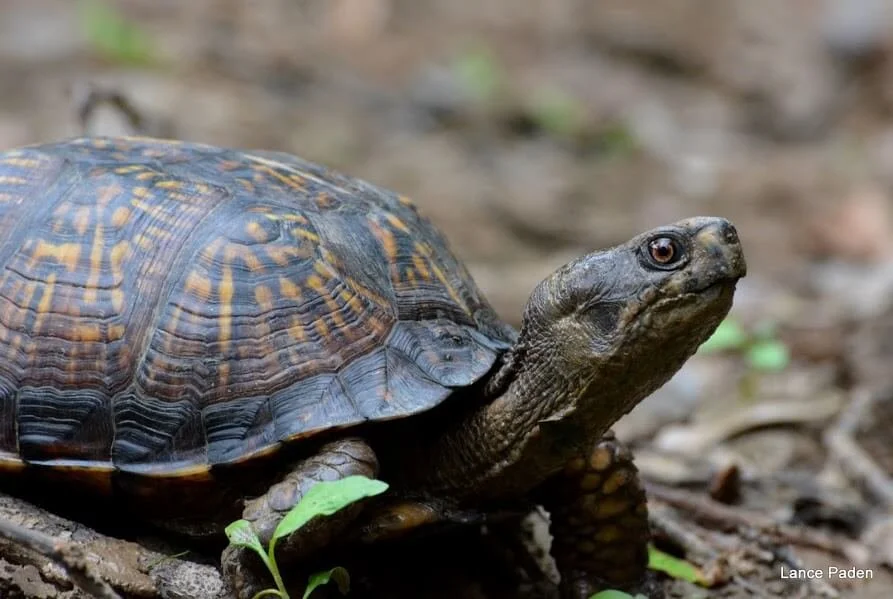
Disease Task Team
Monitoring, Mitigating, and Raising Awareness of Disease Impacts on Amphibians and Reptiles in the Southeast
Task Team Purpose
The Disease Task Team increases awareness of herpetofaunal pathogens and the occurrence of herpetofauna morbidity and mortality events in the Southeast US. The Task Team develops information sheets on herpetofaunal pathogens, primarily those that impact populations. The team also provides protocols for collecting and shipping diseased animals and instructions on disinfecting field equipment.
This team was involved in the collaboration that developed the Global Ranavirus Reporting System (GRRS; https://mantle.io/grrs), and provides interactive workshops on herpetofaunal diseases, necropsy techniques, and submission protocols to diagnostic laboratories. In addition to these outreach activities, the team has published several peer reviewed manuscripts on the above topics.

Explore the Disease Task Team Resources
Disease Task Team Leaders
SEAFWA Regional Wildlife Health Coordinator
Assistant Research Scientist
Southeastern Cooperative Wildlife Disease Study
University of Georgia College of Veterinary Medicine
SEPARC Task Teams
SEPARC's task teams focus on specific conservation issues related to amphibians and reptiles in the southeastern United States. These teams consist of volunteers who work on projects such as habitat restoration, research, education, and policy advocacy. Each team addresses a unique aspect of conservation, aiming to protect and preserve reptile and amphibian populations through collaborative efforts and community involvement.
-

Disease Task Team
-

Gopher Frog & Crawfish Frog Task Team
-

Education and Outreach Task Team
-

Hellbender Task Team
-

Invasive Species Task Team
-
Population Manipulation Task Team































